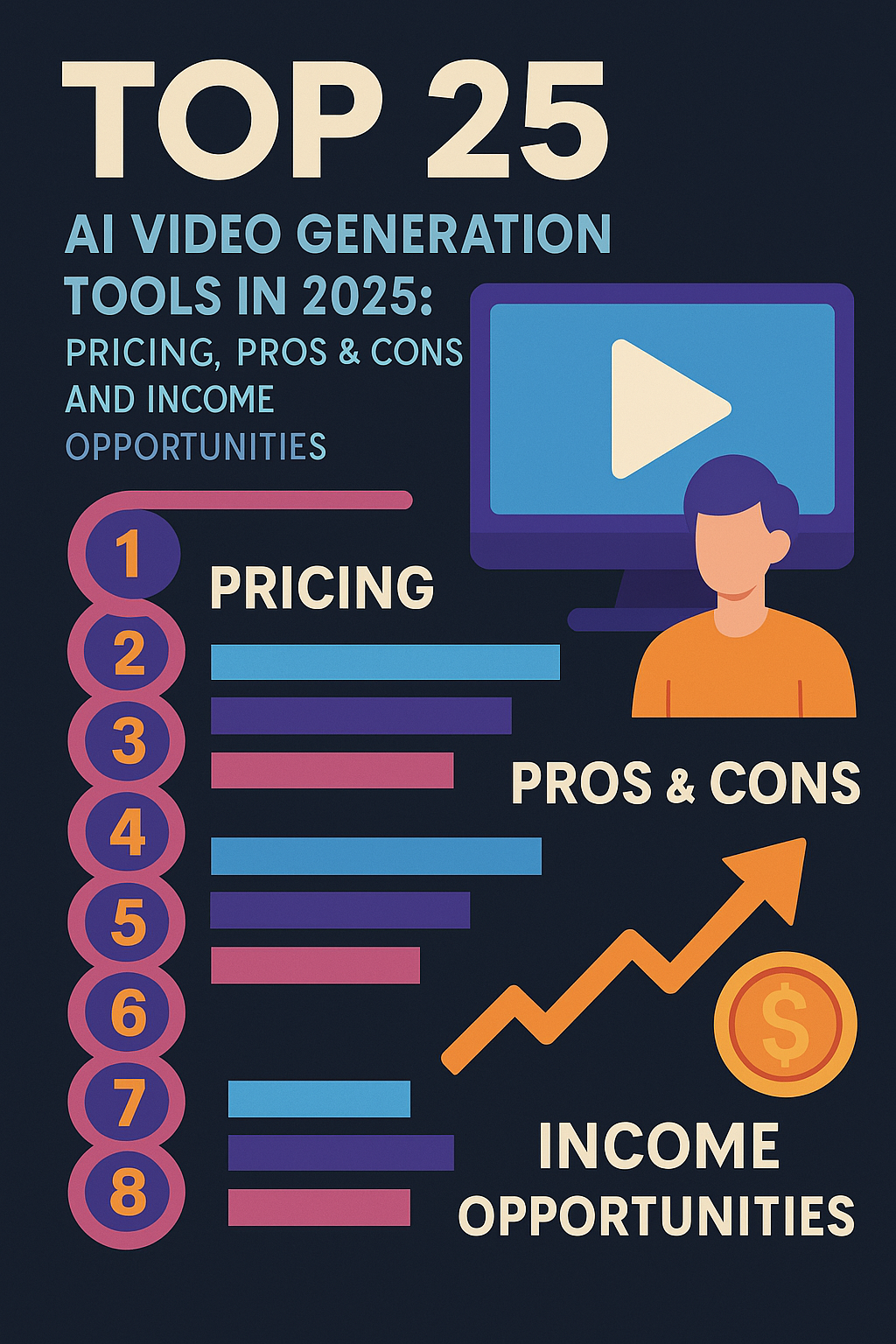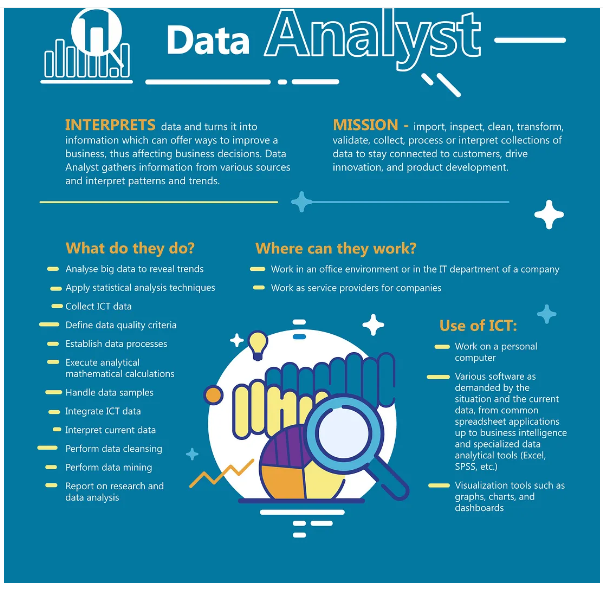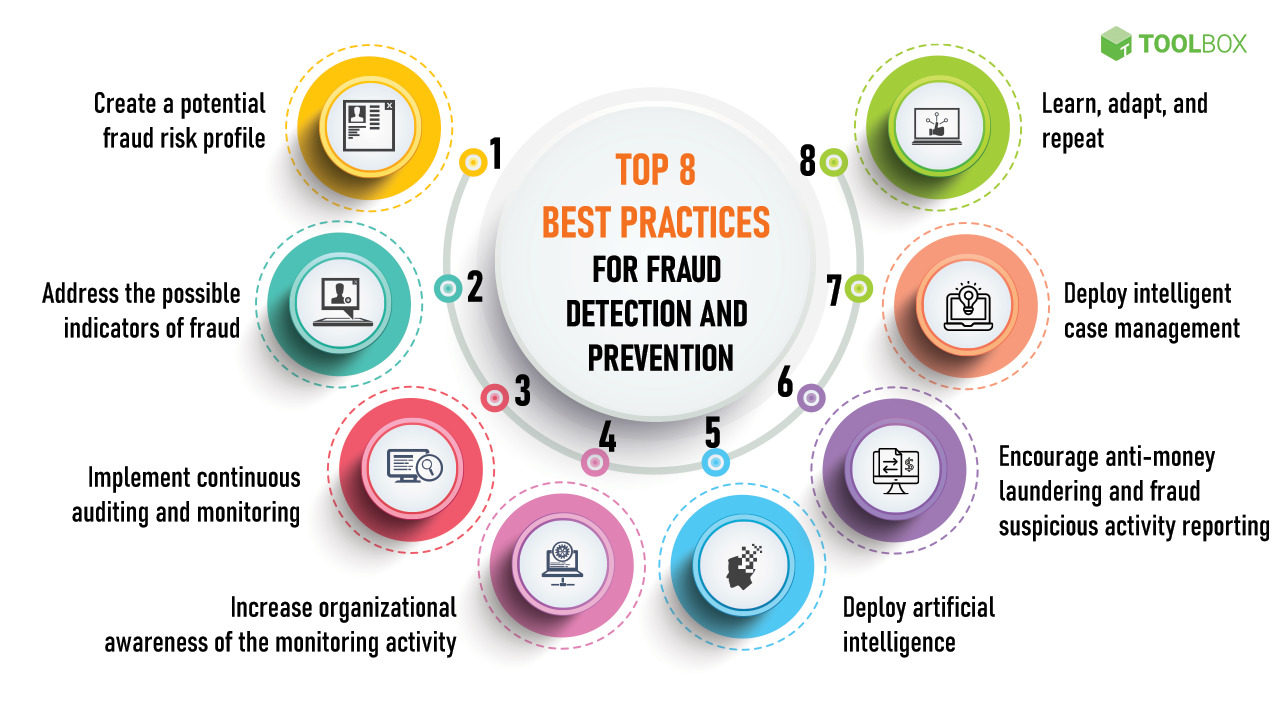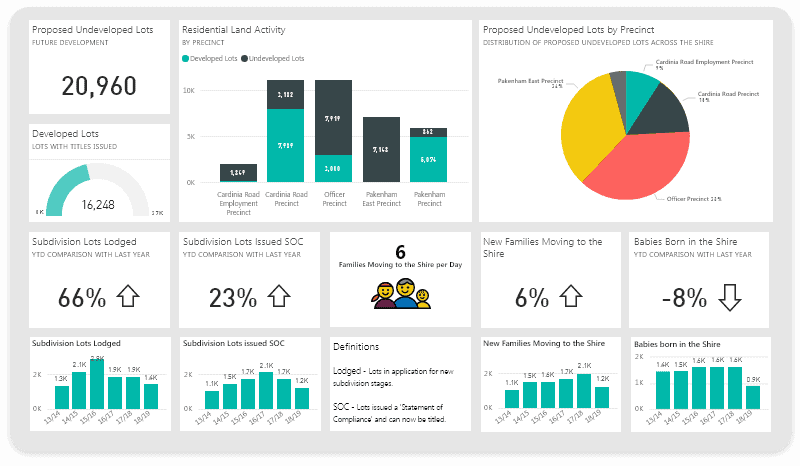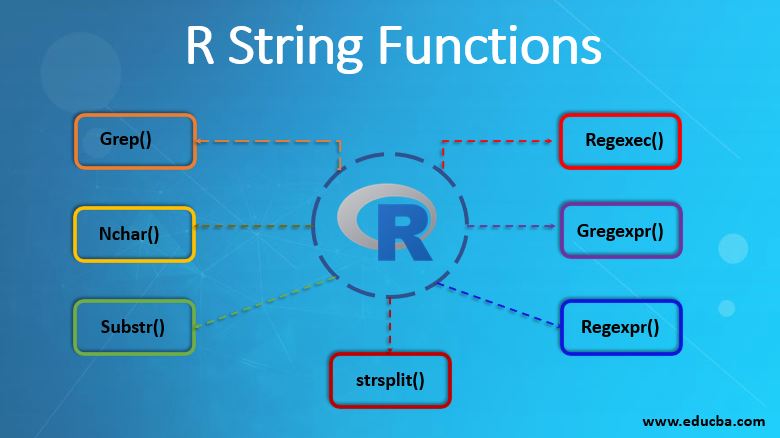
Certainly! Becoming a Business Analyst is an exciting journey that involves a mix of skills, knowledge, and practical experience. Here’s a detailed plan of action to help you become a successful Business Analyst in 2024:
- Understand the Role of a Business Analyst:
- Research what a Business Analyst does. They analyze business processes, gather requirements, and bridge the gap between stakeholders and technical teams.
- Learn about the importance of business analysis in organizations.
- Develop Core Skills:
- Data Analytics: Take a data analytics course to understand data manipulation, visualization, and insights extraction
- Business Analysis Fundamentals: Study the basics of business analysis, including requirement gathering, process modeling, and stakeholder management.
- Soft Skills: Improve communication, critical thinking, and problem-solving abilities.
- Work on Projects:
- Collaborate on real-world projects to apply your skills.
- Develop practical data analytics skills by working with datasets and solving business problems.
- Create a Portfolio:
- Showcase your work through a Business Analyst portfolio.
- Include case studies, process diagrams, and examples of requirements you’ve gathered.
- Learn Visualization and Presentation Skills:
- Use tools like Tableau or Power BI to create visualizations.
- Practice presenting your findings effectively to stakeholders.
- Networking and Job Search:
- Attend industry events, webinars, and conferences.
- Connect with other Business Analysts and professionals.
- Apply for relevant Business Analyst positions.
Now, let’s draft a suitable blog post for WordPress with approximately 3000 words:
Becoming a Business Analyst: Your Path to Success
Introduction
In today’s dynamic business landscape, organizations rely on skilled professionals who can analyze data, understand user needs, and drive strategic decisions. Enter the Business Analyst (BA). If you’re intrigued by this role and aspire to become one, read on!
1. What Does a Business Analyst Do?
Business Analysts wear many hats. They translate business requirements into technical specifications, collaborate with stakeholders, and ensure project success. Their work impacts everything from product development to process improvement.
2. Essential Skills for Aspiring BAs
- Data Analytics: Master data manipulation, visualization, and insights extraction.
- Business Analysis Fundamentals: Understand requirement gathering, process modeling, and stakeholder management.
- Soft Skills: Communication, critical thinking, and problem-solving.
3. Building Your Portfolio
- Showcase your skills through a well-organized portfolio.
- Include case studies, process diagrams, and examples of requirements you’ve gathered.
4. Visualization and Presentation
- Learn tools like Tableau or Power BI for creating impactful visualizations.
- Practice presenting your findings effectively to stakeholders.
5. Networking and Job Search
- Attend industry events, webinars, and conferences.
- Connect with other BAs and professionals.
- Apply for relevant Business Analyst positions.
Conclusion
Becoming a Business Analyst is a rewarding journey. Equip yourself with the right skills, build a strong portfolio, and network with industry experts. Your path to success awaits!
Remember, persistence and continuous learning are key. Best of luck on your journey to becoming a successful Business Analyst! 🚀📊
Crafting Your Path to Success: A Comprehensive Guide to Becoming a Business Analyst in 2024
The dynamic world of business analysis offers a rewarding career path for individuals seeking to bridge the gap between business needs and technological solutions. If you’re driven by the desire to understand complex problems, possess strong analytical skills, and thrive in collaborative environments, then a career as a business analyst (BA) might be the perfect fit for you. However, navigating the journey to becoming a BA in 2024 requires a strategic approach tailored to the evolving landscape of the profession.
This comprehensive guide will equip you with a detailed plan of action, outlining crucial steps to take in your pursuit of becoming a successful business analyst:
1. Demystifying the Role: Understanding the Fundamentals
Before embarking on your journey, it’s vital to grasp the essence of the business analyst role. Business analysts act as liaisons between business stakeholders and technical teams. They identify business needs and problems, analyze data, document processes, and design solutions that bridge the gap between business objectives and technological capabilities. Their duties involve:
- Eliciting requirements: Gathering information from stakeholders to understand their needs and expectations.
- Business process analysis: Mapping and documenting existing business processes to identify inefficiencies and opportunities for improvement.
- Data analysis: Utilizing data to identify trends, understand problems, and inform decision-making.
- Solution design: Working with technical teams to design and implement solutions that meet business needs.
- Communication and collaboration: Effectively communicating complex information to both technical and non-technical audiences.
2. Building a Strong Foundation: Educational Qualifications
While there’s no single educational path mandated for becoming a business analyst, possessing a relevant degree can significantly enhance your candidacy. Here are some potential options:
- Bachelor’s degree: Earning a bachelor’s degree in a field like business administration, information technology, or any related business discipline can provide a strong foundation in business concepts and analytical skills.
- Master’s degree: While not always mandatory, pursuing a master’s degree in business administration (MBA) with a specialization in business analysis can demonstrate advanced knowledge and increase your competitiveness in the job market.
- Bootcamps and online courses: Several online bootcamps and courses offer intensive training programs specifically designed to equip individuals with the necessary skills to become business analysts. These can be a great option for individuals seeking a faster entry point into the field.
3. Cultivating Essential Skills: Sharpening Your Tools
Beyond formal education, honing specific skills is crucial for success as a business analyst. Here are some key areas to focus on:
- Analytical skills: The ability to collect, analyze, and interpret data to draw meaningful insights is fundamental.
- Problem-solving skills: Identifying problems, brainstorming solutions, and implementing effective strategies are essential to thriving in this role.
- Communication skills: Effective communication, both written and verbal, is crucial for interacting confidently with diverse stakeholders.
- Technical skills: Familiarity with common business analysis tools and methodologies, like UML diagrams and SWOT analysis, can be advantageous.
- Project management skills: Understanding project management principles can help you manage projects efficiently and ensure successful outcomes.
4. Gaining Practical Experience: Embracing Hands-on Learning
While theoretical knowledge is essential, practical experience is invaluable in solidifying your skills and demonstrating your capabilities to potential employers. Here are some strategies to gain valuable experience:
- Internships: Securing an internship related to business analysis can provide invaluable experience in a real-world setting.
- Volunteer work: Volunteering your skills to non-profit organizations or startups can offer practical experience and allow you to contribute to meaningful projects.
- Personal projects: Take initiative and embark on personal projects that involve applying your business analysis skills. This can involve analyzing data, designing solutions for problems you encounter, or creating mock business analysis documents.
5. Embracing Continuous Learning: Staying Ahead of the Curve
The business landscape is constantly evolving, and staying up-to-date with industry trends and emerging technologies is crucial for sustained success in any field. Here are ways to keep your knowledge and skillset current:
- Professional certifications: Earning recognized certifications like the Certified Business Analysis Professional (CBAP) can validate your knowledge and enhance your credibility.
- Attending industry events: Participating in workshops, conferences, and webinars can keep you informed about the latest trends and best practices in business analysis.
- Networking: Connecting with other business analysts through online communities or professional organizations can provide valuable insights and opportunities.
6. Optimizing Your Job Search: Crafting Your Narrative
Once you’ve equipped yourself with the necessary skills and experience, it’s time to showcase your qualifications through a compelling job search strategy. Here are key steps to take:
- Craft a compelling resume: Highlight your relevant skills, experience, and achievements in a clear























